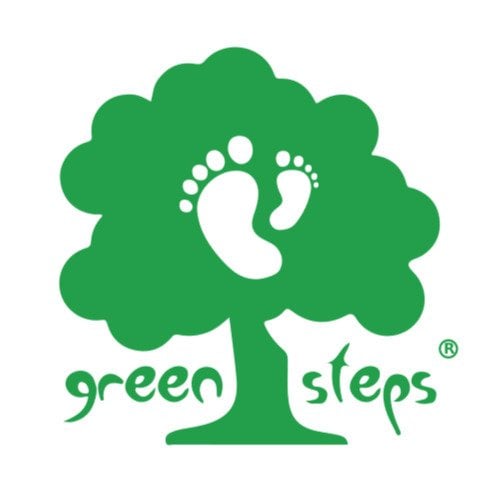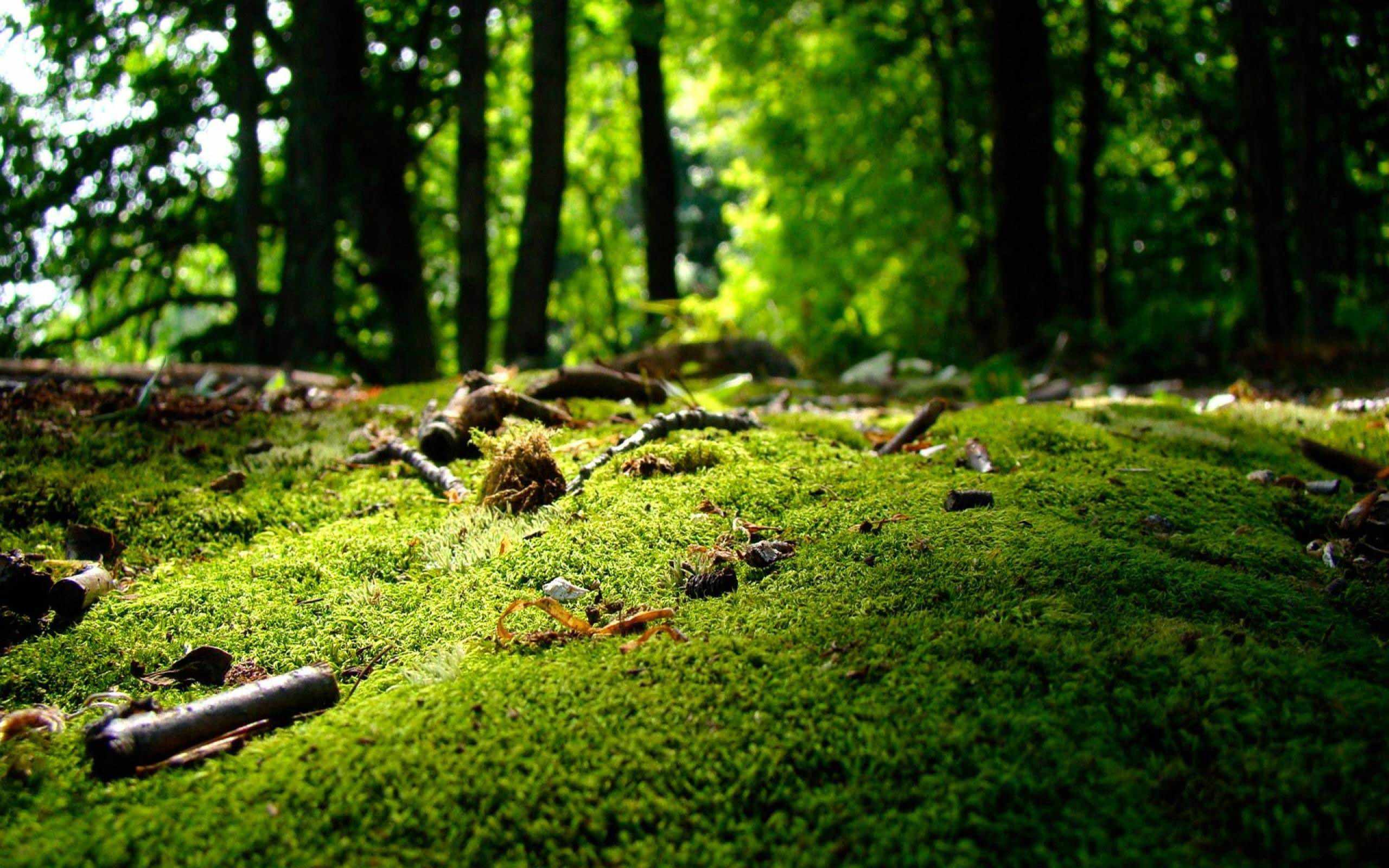Author:
Green Steps
Short summary:
At St. Georgen lower secondary, the Big Friendly Giants workshops on ecosystem services and bioregions were implemented for the first time as part of regular school lessons. At the end of the semester, there were three exhibition openings and many ideas on how to implement interdisciplinary teaching.

During the winter semester, the class 2a worked intensively on the topic of forests and the ecosystem services provided by trees in biology lessons. The completed lapbooks were displayed on a pinboard on the last day of school. The workshop was developed by Green Steps during the winter semester and is available online for schools, including all of the notes and worksheets.
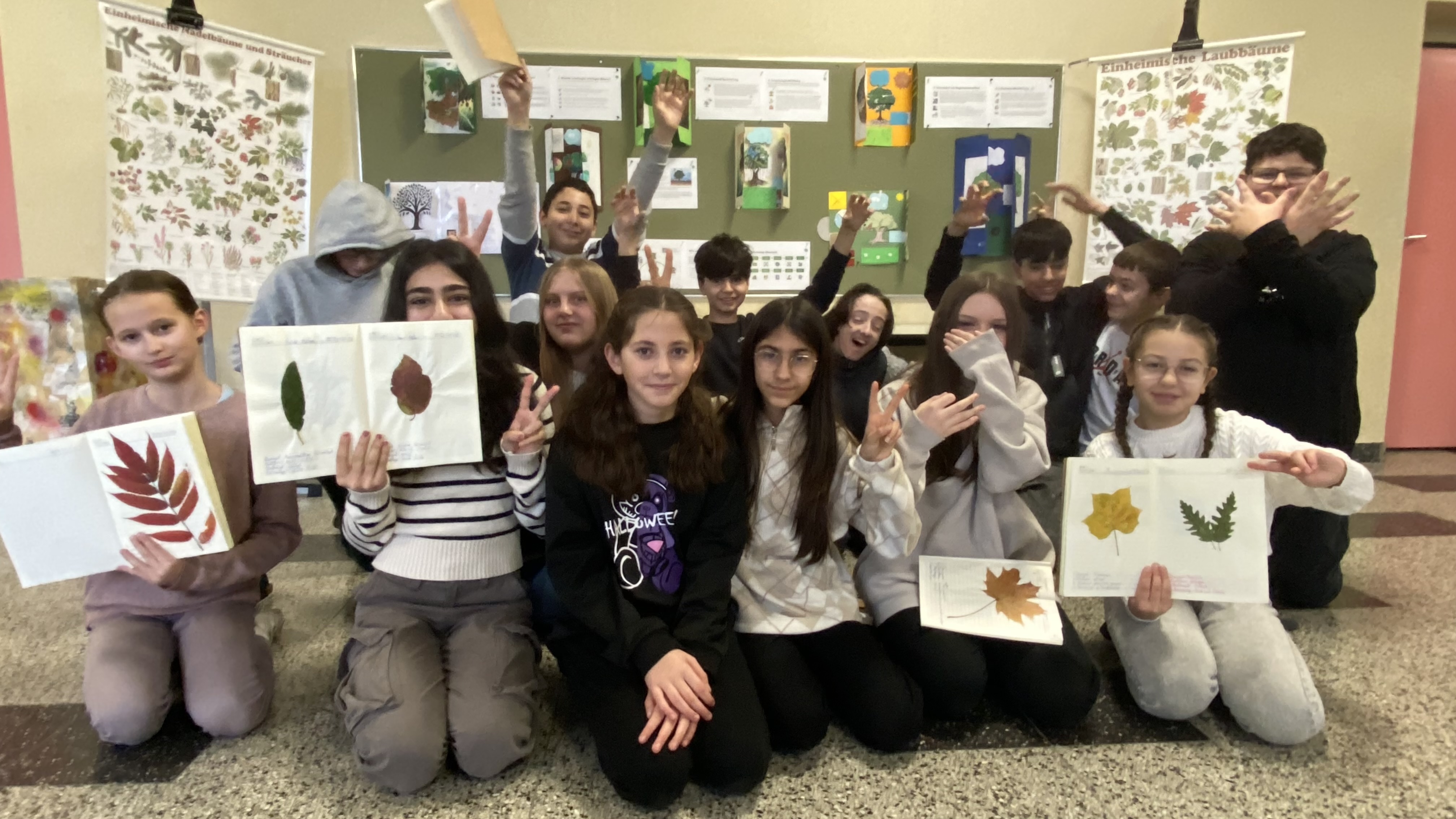
In their geography lessons, class 3a looked at Austria as a habitat and worked on Austria's four ecoregions in lapbooks. Ecoregions are areas that have been defined by science in order to preserve biodiversity, manage sustainably and counteract climate change efficiently. They are primarily defined by trees as key species. This workshop was also developed by Green Steps in the winter semester and is available online from the 6th grade onwards, including all of the notes and worksheets.
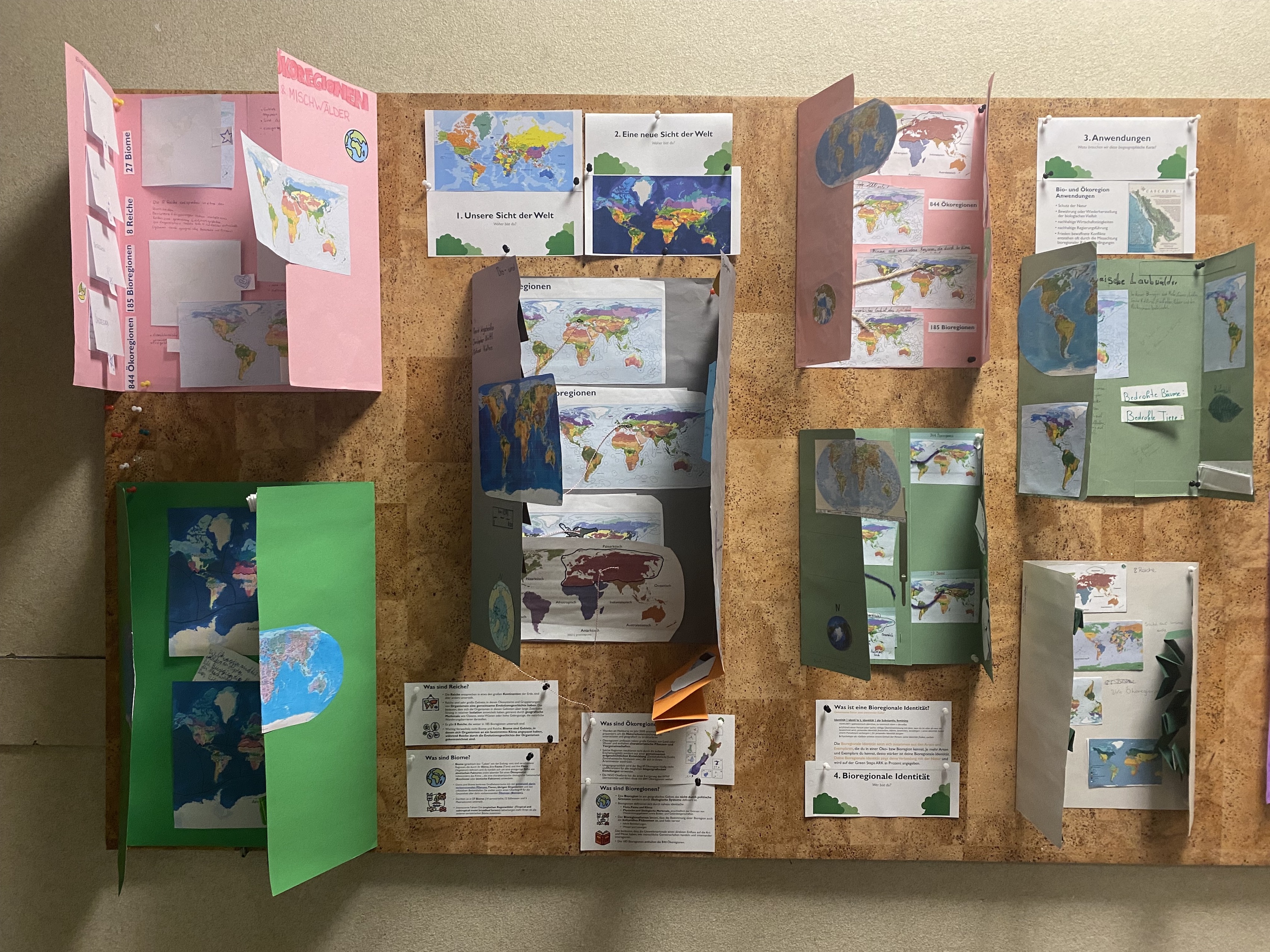
Class 4a spent a semester studying Europe in their geography lessons and investigated the question of whether and under what conditions new countries are allowed to join the EU. The EU accession criteria were examined in relation to Ukraine and the Balkan states.
The Balkans in particular show that the ignorance of biogeographical borders is a cause of armed conflict that should not be underestimated. Ethnic groups develop within natural boundaries. Great power ambitions, such as those of the Serbs, therefore lead to conflicts that must be prevented.
On the other hand, the ecoregions of Ukraine make it possible to understand why Russia is laying claim to eastern territories. It is arguable that the EU is harboring great power ambitions in its support for Ukraine, which ignores the natural ecosystems. Ukraine, like the Balkans in the 1990s, is a state entity that is finding itself ethnically and thus completing a development in Europe that had its tragic beginning with the First World War.
An interesting workshop on the ecoregions of the Balkans is available online and can be used as a model for other conflict areas, such as the settlement area of the Kurds in Turkey or the Uyghurs in China.
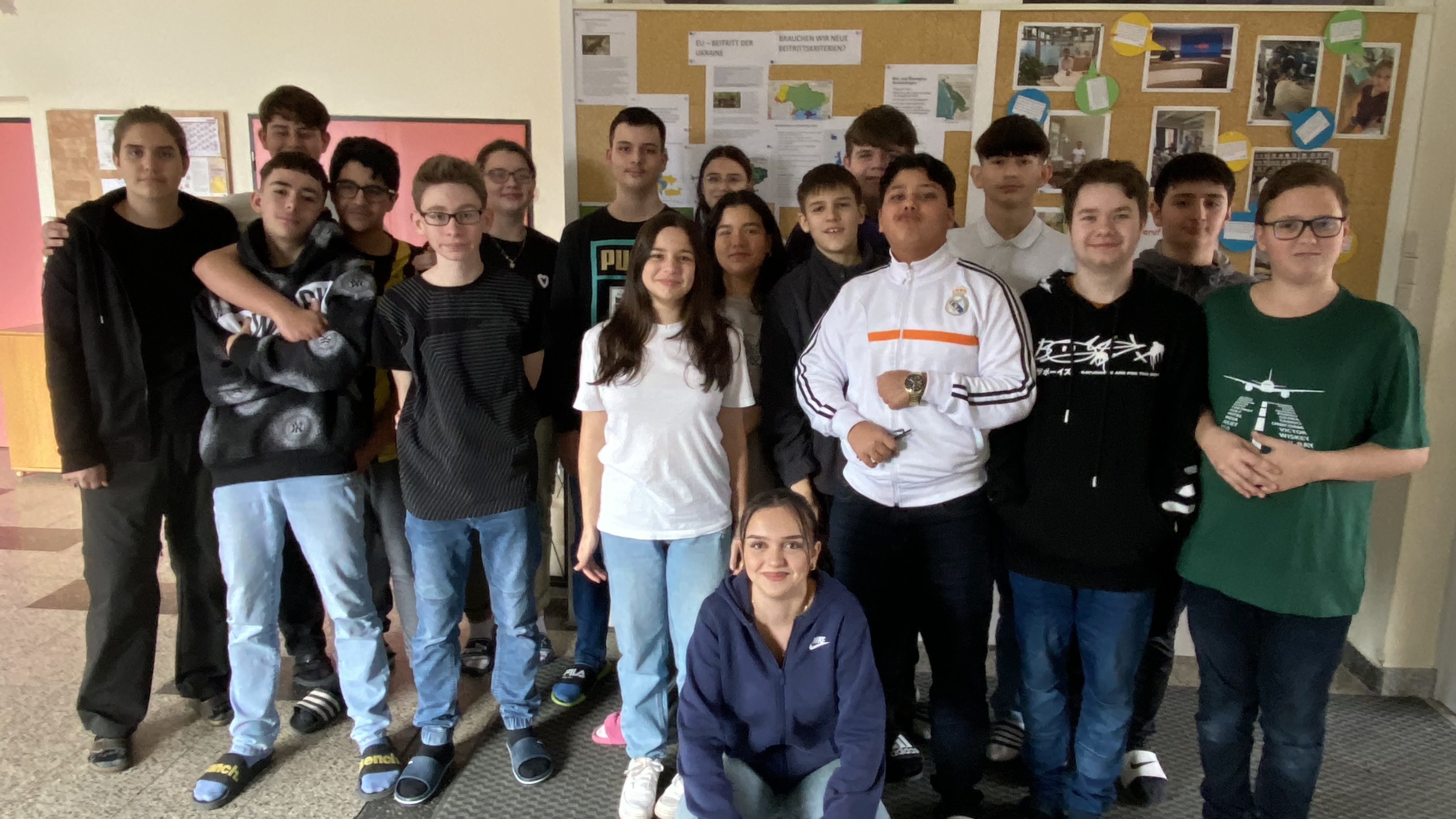
As part of these projects, the students spent the start of the semester in Sonnenpark, an urban green oasis, where they had to answer various questions about local trees and their value for our habitats. If you know the trees in your home town, you are well on the way to developing a bioregional identity and connecting with nature in a meaningful way. Despite cultural differences, a strong bioregional identity strengthens the sense of community and leads to responsibility for the part of the earth that serves as our habitat every day.
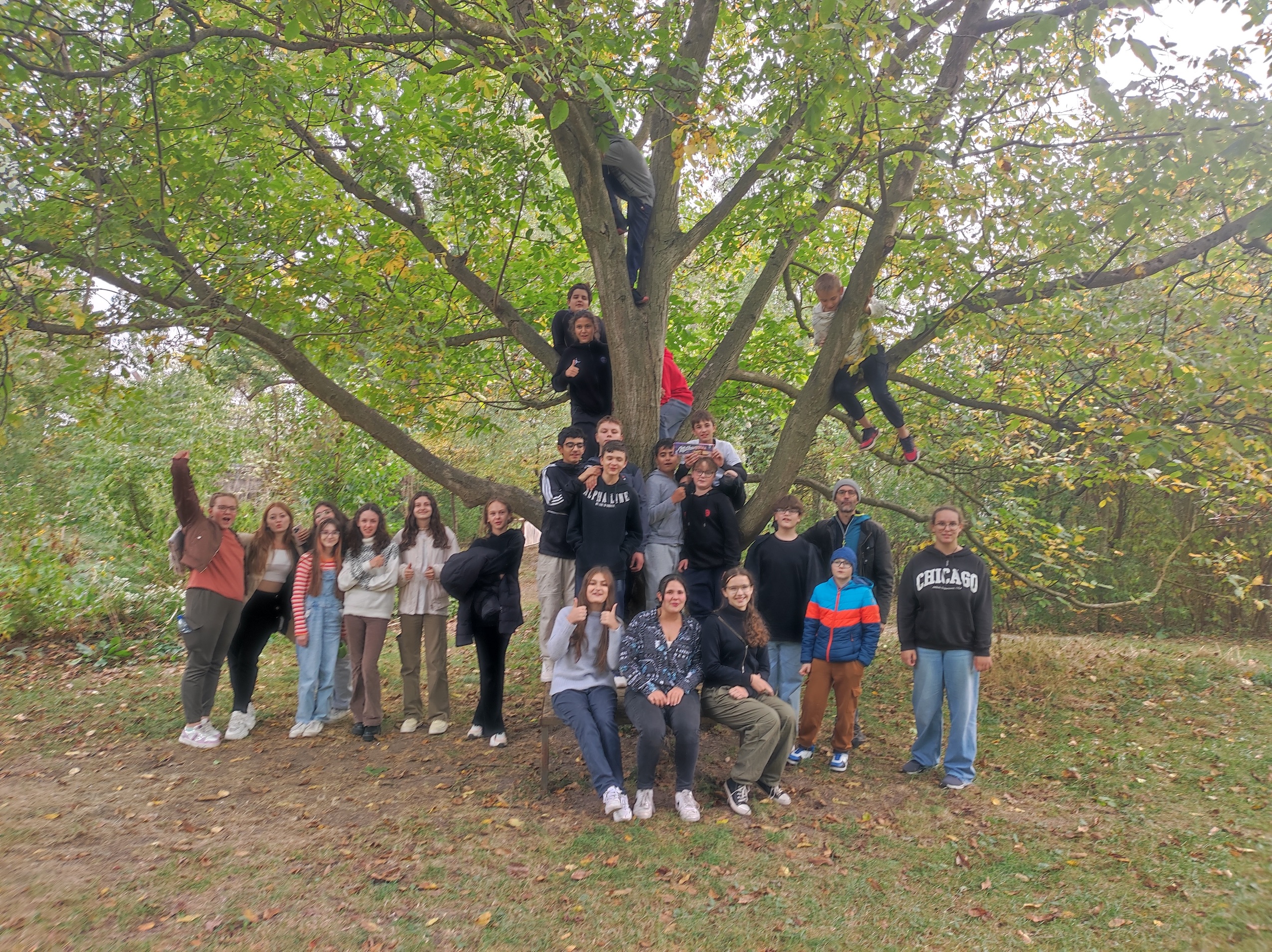
In order to better understand our habitat, all three classes mapped the school garden in a practical exercise. Although it looks very bare, it has a surprisingly high number of different tree species.
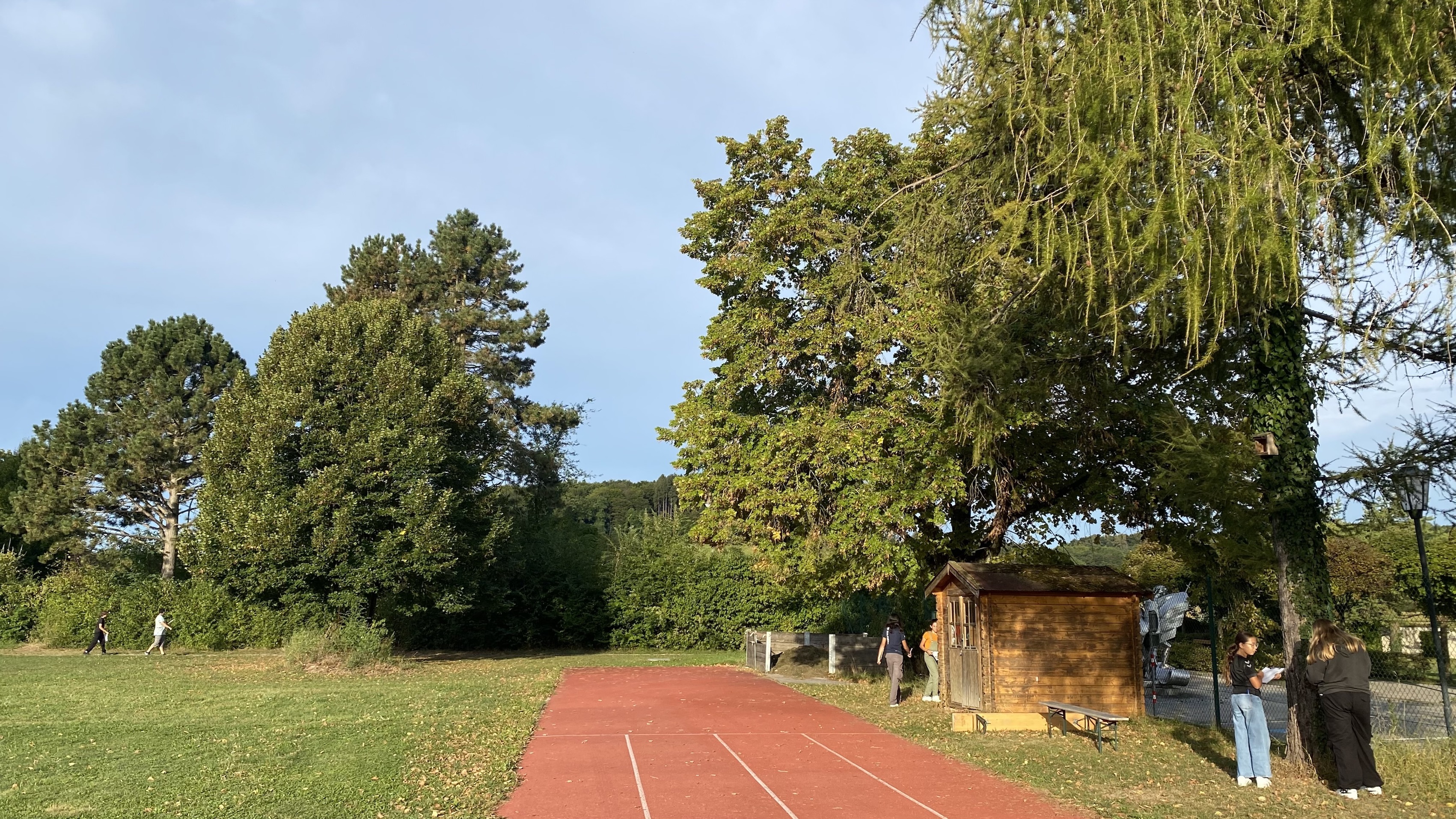
The mapping of the school environment continued a few weeks later and so we already have four Big Friendly Giants routes at St. Georgen secondary school, one in the school garden, one around the school, one deep into rural St. Georgen and one towards Ochsenburg. That's how quickly a Mobile Campus 4.0 can be built with pupils and the school grounds can be extended into nature!
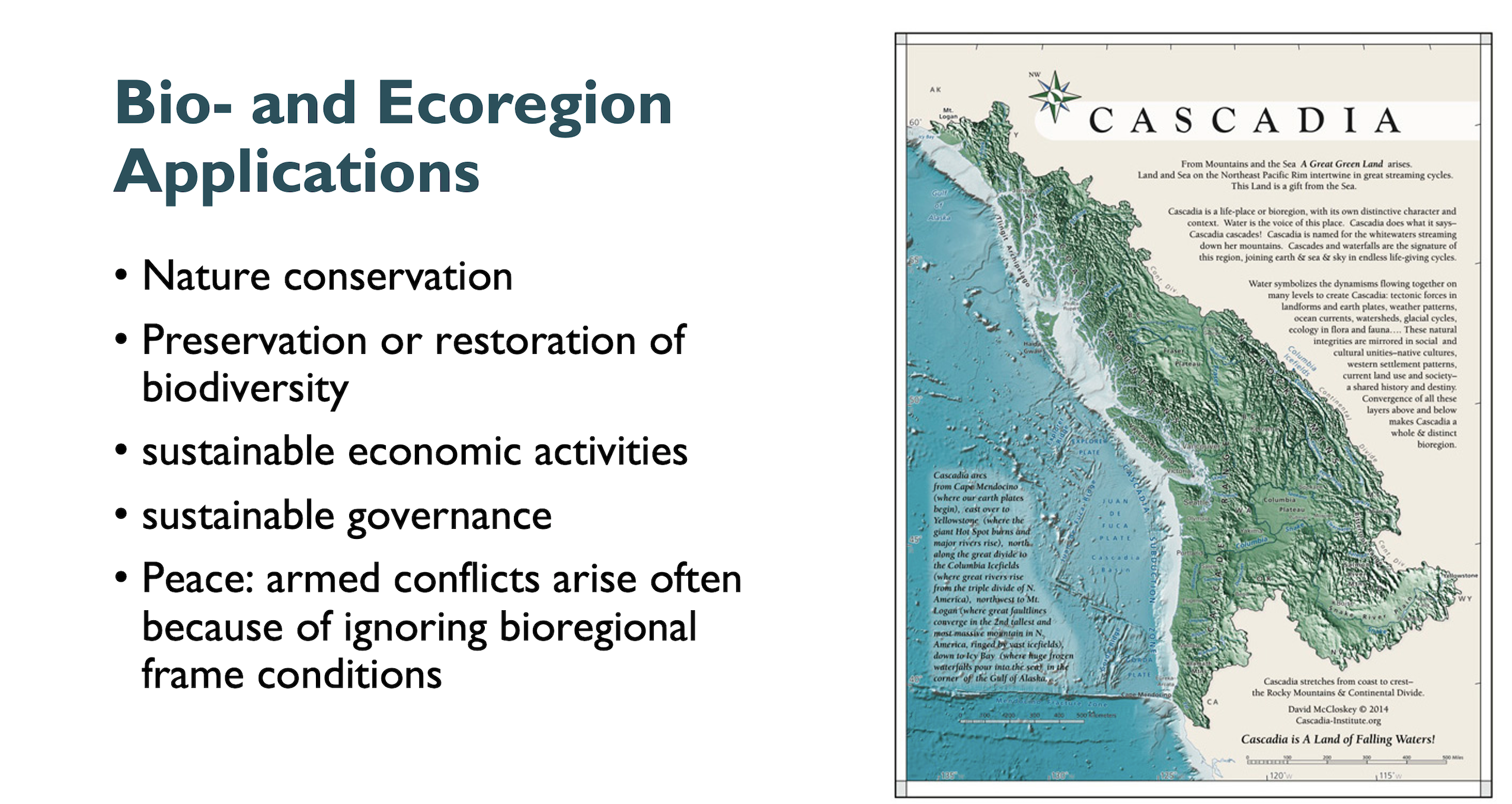
Read more:
- Ecosystem services - green superpowers: https://ark.greensteps.me/library/mobile-campus-4-0-ecosystem-services
- Bioregions - a new world map: https://ark.greensteps.me/library/bioregionen-eine-neue-weltkarte
- Ecoregions of the Balkans: https://ark.greensteps.me/library/okoregionen-des-balkan
- BFG Sonnenpark: https://ark.greensteps.me/library/plants-friends-viehofner-seen-e0792
- BFG St. Georgen school garden: https://ark.greensteps.me/library/plants-friends-mittelschule-st-georgen
- BFG St. Georgen Forest: https://ark.greensteps.me/library/big-friendly-giants-st-georgen-wald
- BFG St. Georgen: https://ark.greensteps.me/library/big-friendly-giants-st-georgen

